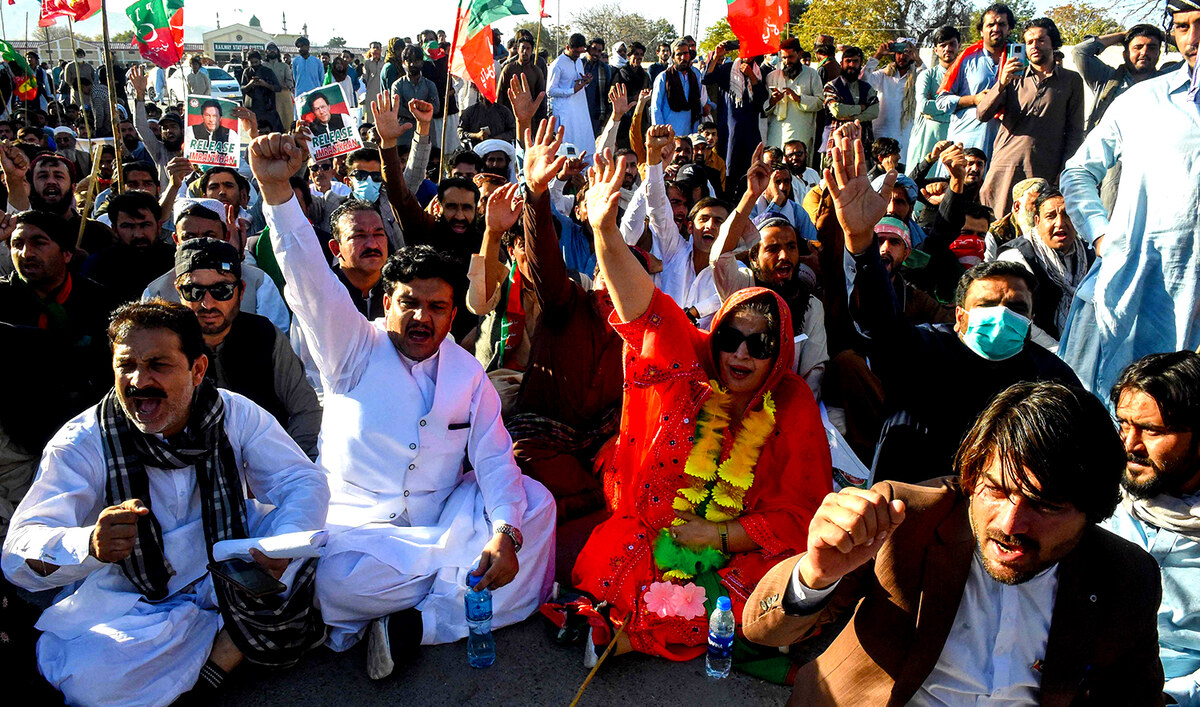QUETTA: At least 24 people were killed and 50 injured in a bomb blast at a railway station in the southwestern Pakistani city of Quetta, officials said on Saturday, amid a surge in attacks by separatist groups operating in the restive Balochistan province.
The outlawed Balochistan Liberation Army group, the most prominent of militant groups in Balochistan, claimed responsibility for the attack, the deadliest since a string of coordinated attacks on Aug. 25-26 in which more than 50 people, civilians and security officials, were killed. The surge in deadly attacks indicates the BLA, which has targeted security forces for years in small-scale attacks and is allied with the Pakistani Taliban (TTP), could be much more organized.
“24 people have been killed in the suicide attack and 50 people were injured and have been shifted to various hospitals of Quetta city for treatment,” Quetta Commissioner Hamza Shafqaat told Arab News about Saturday’s attack at the railway station.
Muhammad Baloch, senior superintendent of police (SSP), said the blast occurred at a time when over 150 passengers were gathered at the station, waiting for the Peshawar-bound Jaffar Express train.
“We are investigating whether it was a suicide attack or any explosive device was placed at the platform,” he added.
Balochistan is a resource-rich but impoverished province where separatist militants have been fighting a decades-long insurgency to win secession of the region. Insurgents say they are fighting what they see as the unfair exploitation of the province’s mineral and gas wealth by the federation at the center.
The Pakistani government and military deny they are exploiting Balochistan and have long maintained that neighbors such as India, Afghanistan and Iran foment trouble in the remote province and support and fund the insurgency there to impede its development potential. Balochistan is home to major China-led investment projects such as a strategic port and a gold and copper mine.
“JUDGMENT DAY”
Following the attack, there was chaos at hospitals in Quetta, as paramedics rushed there with the injured and families arrived to inquire after their loved ones.
Abdul Jabbar, an injured man brought to the Civil Hospital, said it felt like “judgment day” had arrived in Quetta.
“I bought my ticket for Bahawalpur (Punjab) and entered the platform to get on the train,” he told Arab News. “After two minutes of arriving at the platform, the explosion occurred.”
Bilal Safdar, an eyewitness who was standing some 500 meters away from the site of the blast, said he heard a powerful explosion at the platform.
“There was a plume of smoke at the station and people were screaming for help, bodies and injured were strewn around on the ground,” he told Arab News.
The rise of separatist attacks in Balochistan poses a major challenge for the weak coalition government of Prime Minister Shehbaz Sharif, which is battling an economic crisis and political instability as well as a rise in militant violence by both religiously motivated and separatist groups across the country.
Balochistan is also in the grips of civil rights protests by young ethnic Baloch who are calling for an end to what they describe as a pattern of enforced disappearances and other human rights abuses by security forces, who deny the charge.
On Friday, counterterrorism officials in Balochistan said an armed operation had been launched this week against separatist militants who were behind the August attacks.
“An operation has been launched since the last two days in Duki, Loralai and surrounding districts in which Frontier Corps, CTD, Levies, police and others are taking part,” Counterterrorism Department (CTD) DIG Aitzaz Ahmed Goraya said at a press conference in Quetta.



















